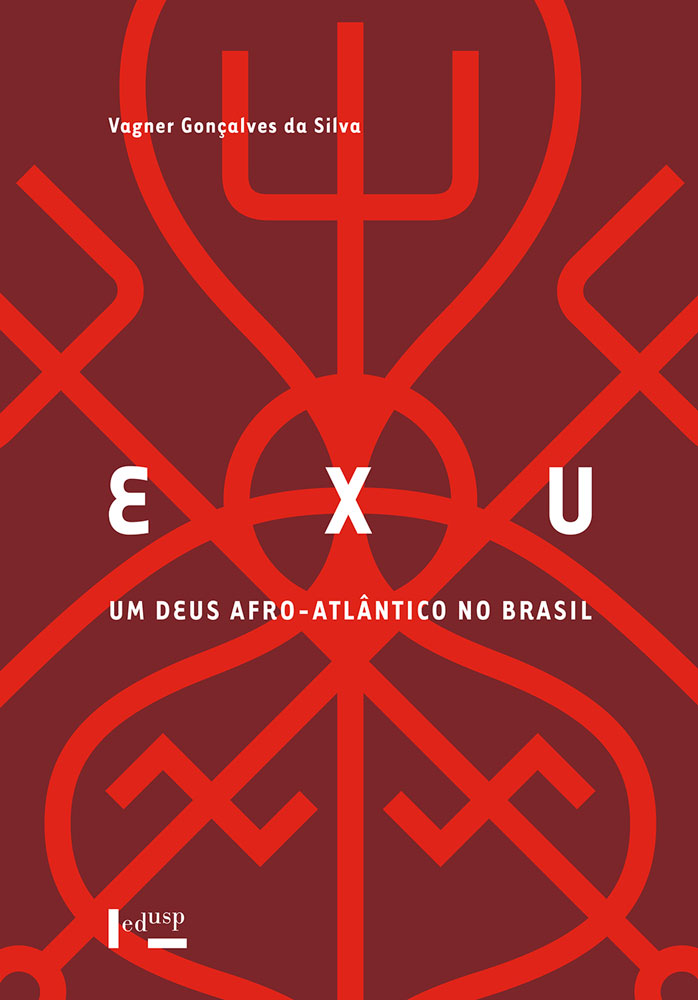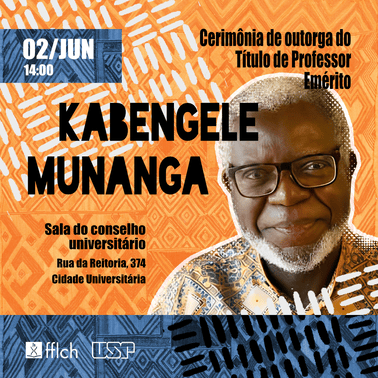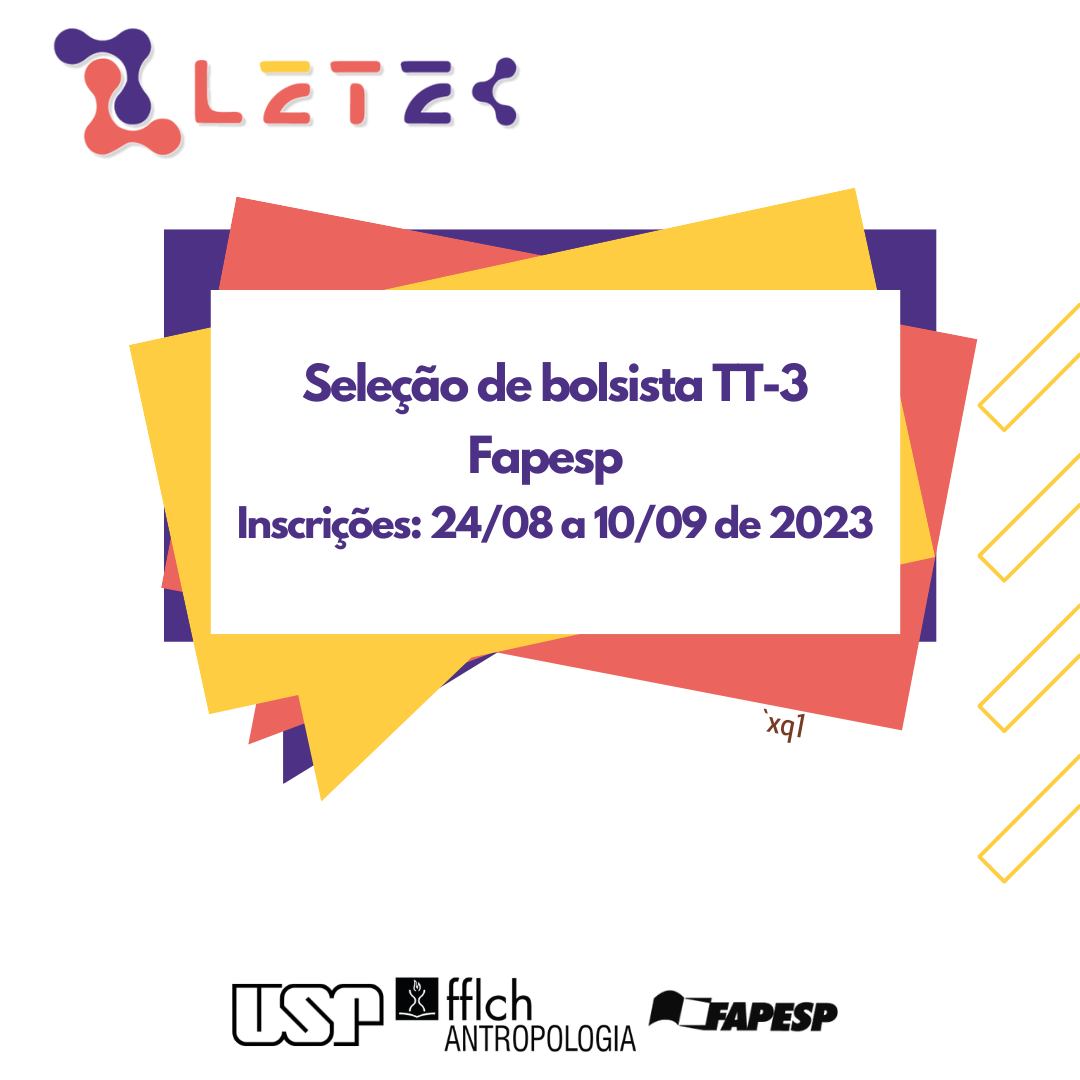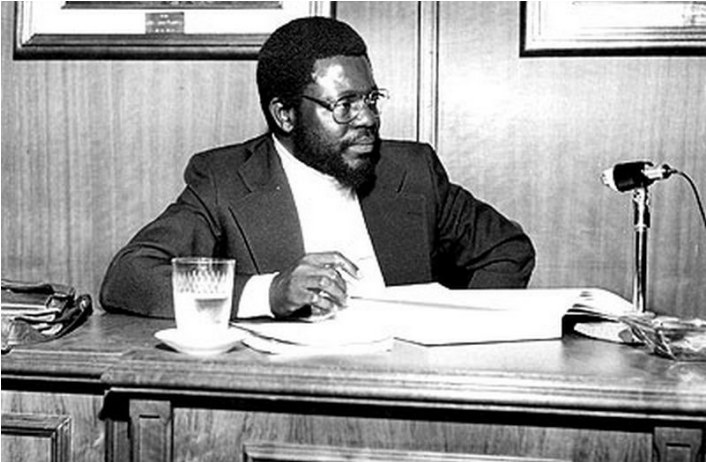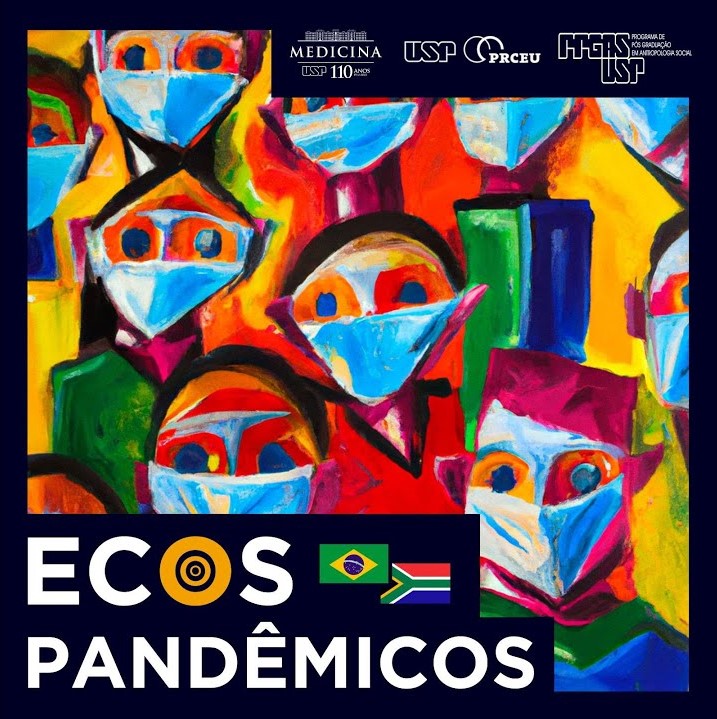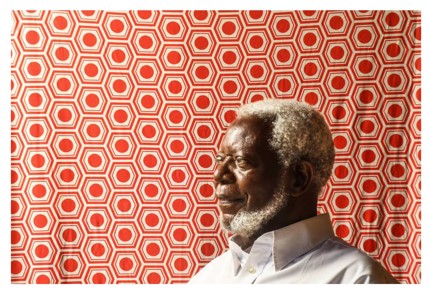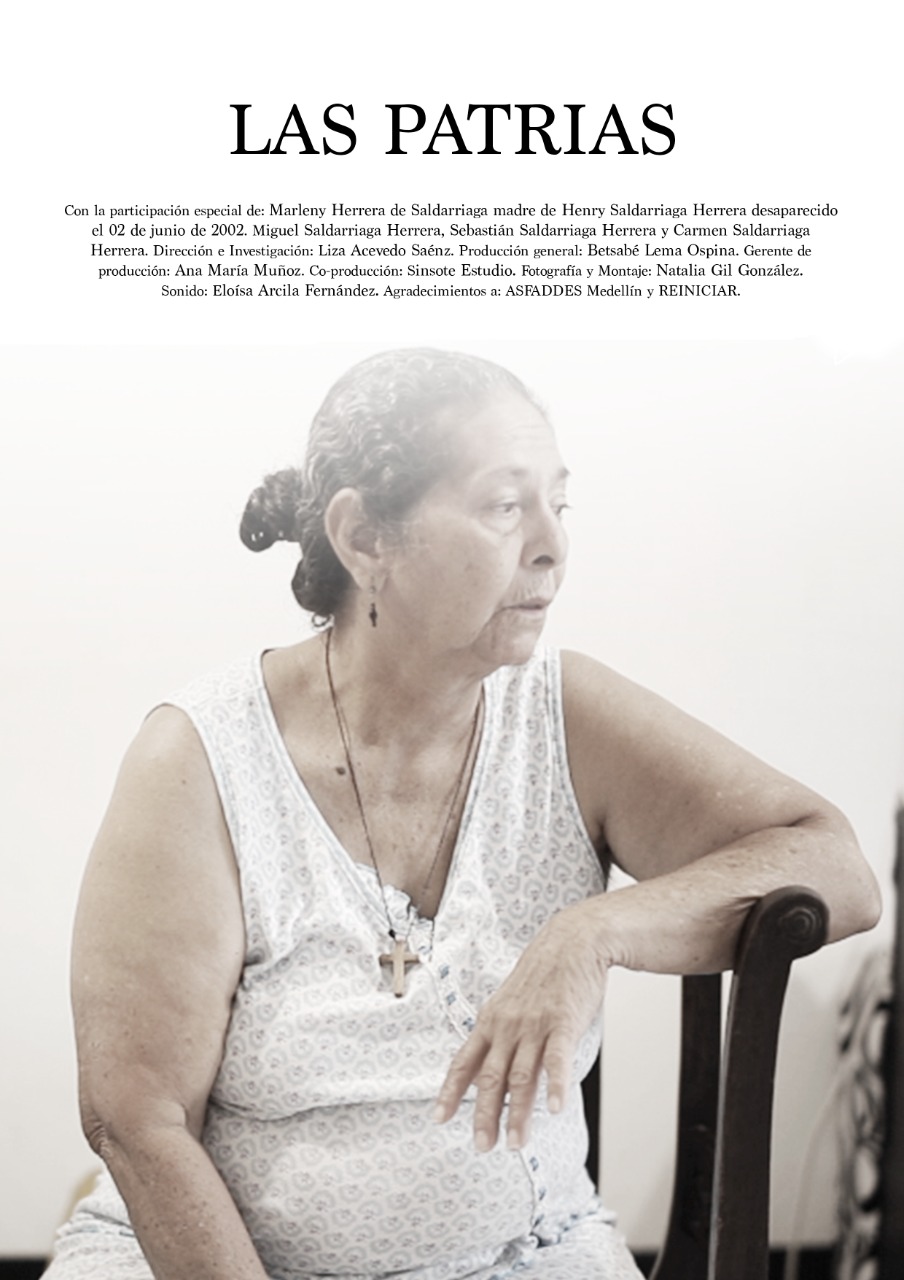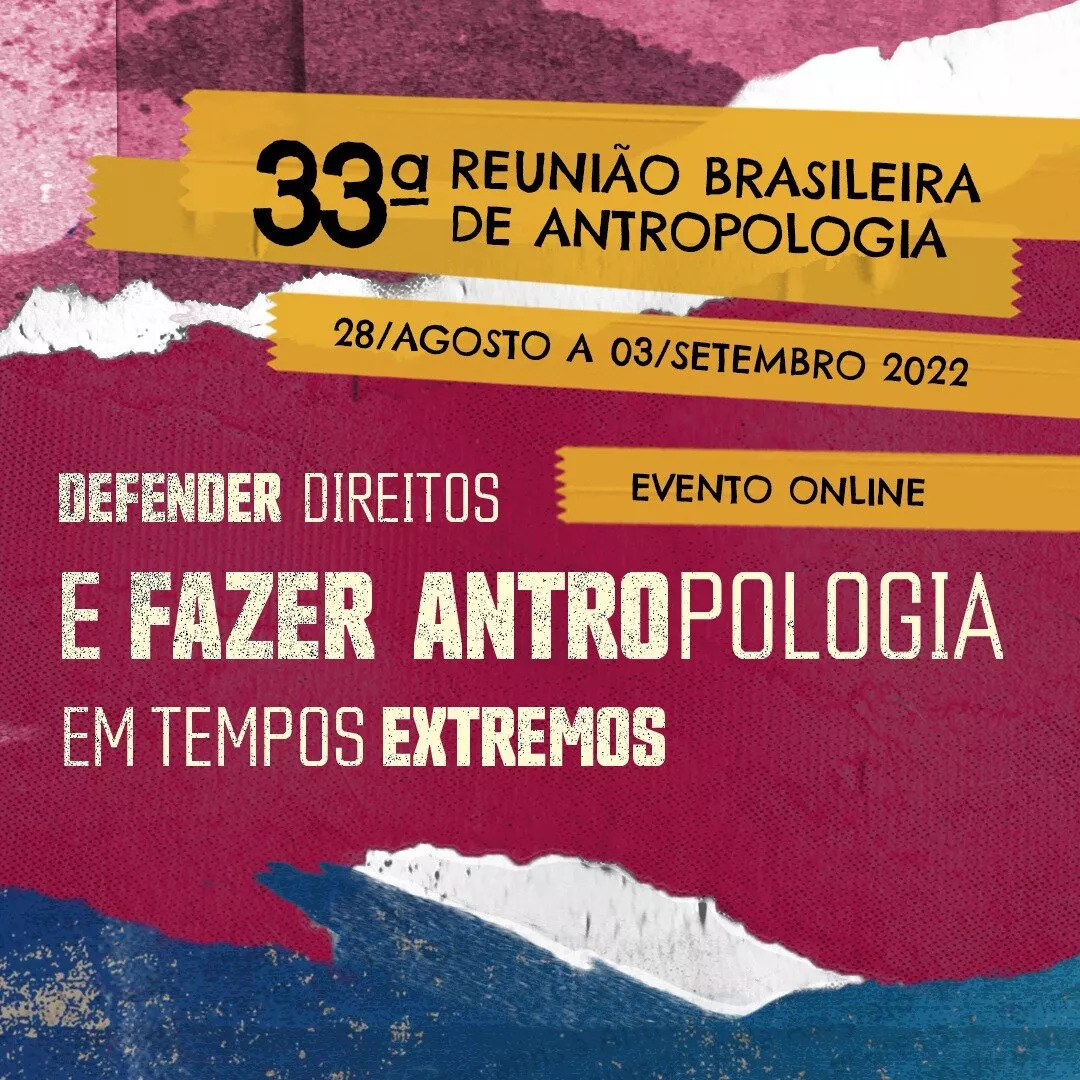News
The USP Open Books Portal published the e-book " Black cinema: From Africa to the diaspora – the anti-racist thought of Kabengele Munanga", by Celso Luiz Prudente, Rogério de Almeida (Organizer).
To access the other titles: …
leia maisMore information: https://www.fflch.usp.br/139220
Transmission of the Ceremony of Granting the Title of Professor Emeritus to Kabengele Munanga by the Faculty of Philosophy, Letters and Human Sciences (FFLCH) of USP.
Retired anthropologist and professor, Kabengele Munanga was born in the Democratic Republic of Congo at the beginning of the Second World War. With an extensive CV, he produced fundamental contributions in the field of Anthropology and African Studies throughout his life.
The Ethnographic Laboratory of Technological and Digital Studies (LETEC), linked to the Department of Anthropology at USP, makes public the selection of 1 scholarship holder – Technical Training 3 (TT-3) for the project “Digital inequality and ethnography: Internet , its uses, agencies and possibilities in favelas in Rio de Janeiro”.
The scholarship available is for graduates in Social Sciences, Anthropology or Sociology, with a duration of 12 months and dedication of 20 hours a week.
1 - From the selection schedule:
- Registration: August 24 to September 10, 2023;
- Interviews: September 12 and 13, 2023 (interviews will take place remotely and will be informed by email);
- Result: September 15, 2023.
2 - Documentation for registration:
… leia maisKatherine Dunham" [author], written by Vanessa Cândida Lourenço, https:// ea.fflch.usp.br/autor/katherine-dunham
"Religious Ecstasy: An Anthropological Study of Spirit Possession and Shamanism" [work] by Ioan Myrddin Lewis, written by Lucas Ramos da Cunha, https://ea.fflch.usp.br/…
leia maisOn May 5, 2023, the World Health Organization (WHO) decreed the end of the Covid-19 Public Health Emergency of International Concern, a little over three years after the same entity announced its beginning. . This epidemiological and political action does not represent the end of the pandemic, but rather that the time has come for countries to make the transition from the emergency mode to the management of diseases along with others of an infectious nature. Upon hearing the news, many people were certainly moved. This reaction is not necessarily related to any change in daily life itself, since we have been resuming our lives for months – thanks to vaccination, it is necessary to emphasize –, but because the Covid-19 pandemic and the way it was conducted, profoundly changed our lives…
leia maisCall for applications for postdoctoral fellowships in the context of the Project "Semantics of creation and memory " FAPESP Process 2020/07886-8 - 03 April - 02 June 2023 Applications are invited for three postdoctoral fellowships in the field of Social Anthropology/AnthropologicalTheory, associated to FAPESP Thematic Project 2020/07886-8 "Semantics of creation and memory", that include research conducted in the most diverse ethnographic fields in Brazil, but not exclusively, from 03 April to 02 June 2023. One fellowship supervised by Professor Fernanda Arêas Peixoto and one fellowship supervised by Professor Ana Claudia Duarte Rocha Marques will be based at the Department of Anthropology at USP; one fellowship supervised by Professor Jorge Luiz Mattar Villela will be based at the…
leia maisPhD student Liza Ysamarli Acevedo Sáenz received the USP 2022 Video Graduate Award for the major area of Human Sciences. The video "The homelands, the home and the body: visible and non-visible images of the lives of women who are family members of disappeared people in the armed conflict in Colombia" presents her doctoral research, developed under the supervision of Rose Satiko Gitirana Hikiji. The award takes place on November 22, 2022, during the 3rd USP Graduate Meeting. The video can be watched at https://www.youtube.com/watch?v=DL-…
leia maisPPGAS student Felipe Paes Piva was AWARDED, received 1st place - Lévi-Strauss Prize at the 33rd RBA - Edition 2022: Article Modality, with the article "Psychological illness in graduation and the social markers of difference: an anthropological analysis of psychic suffering at the Faculty of Philosophy, Letters and Human Sciences (FFLCH-USP)”



